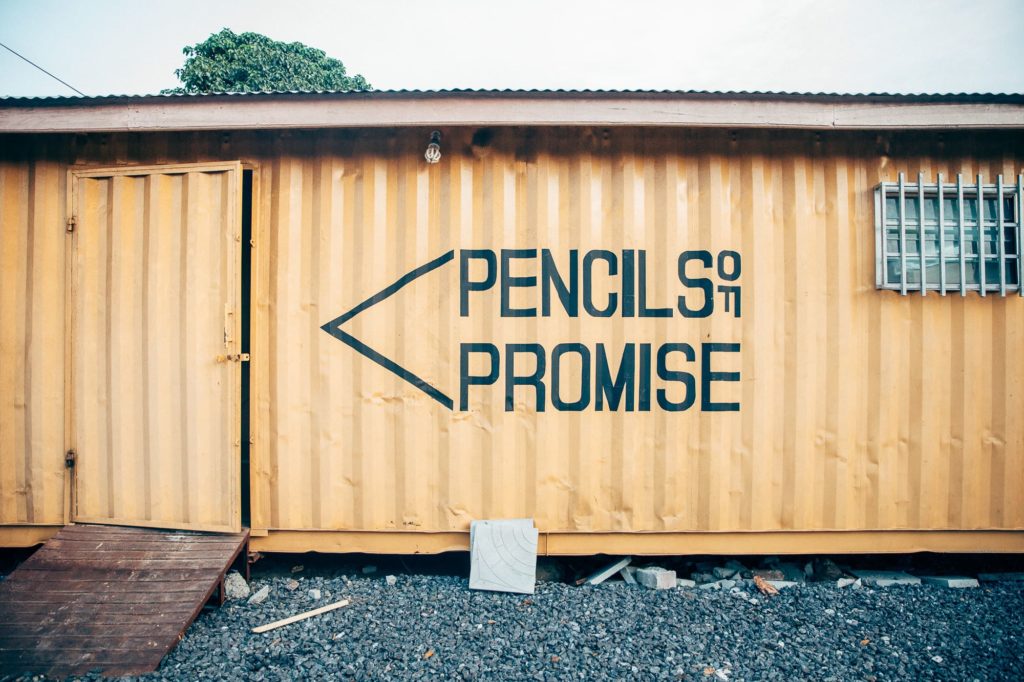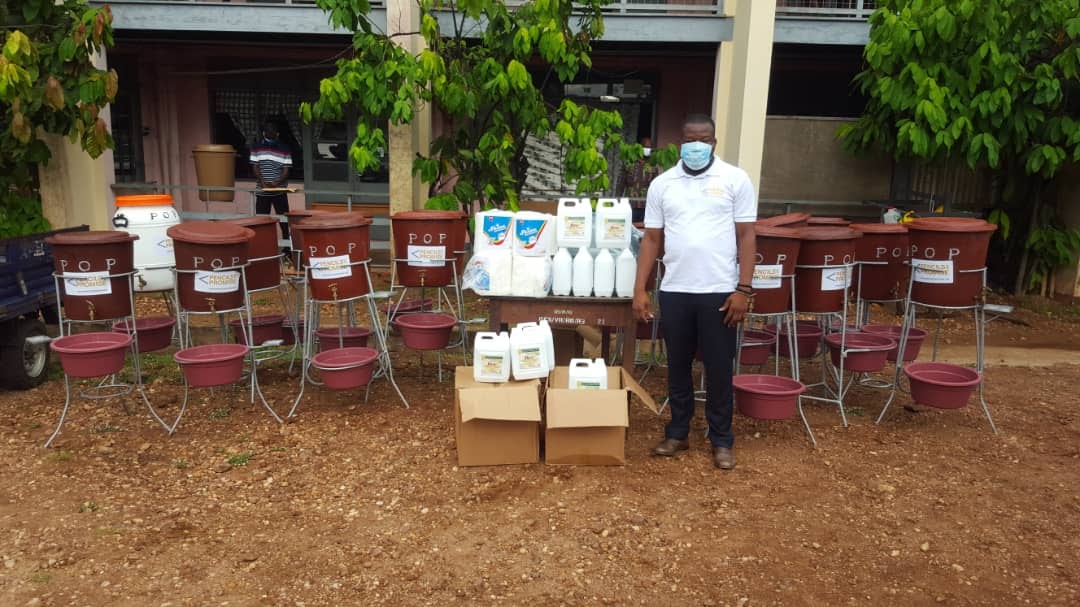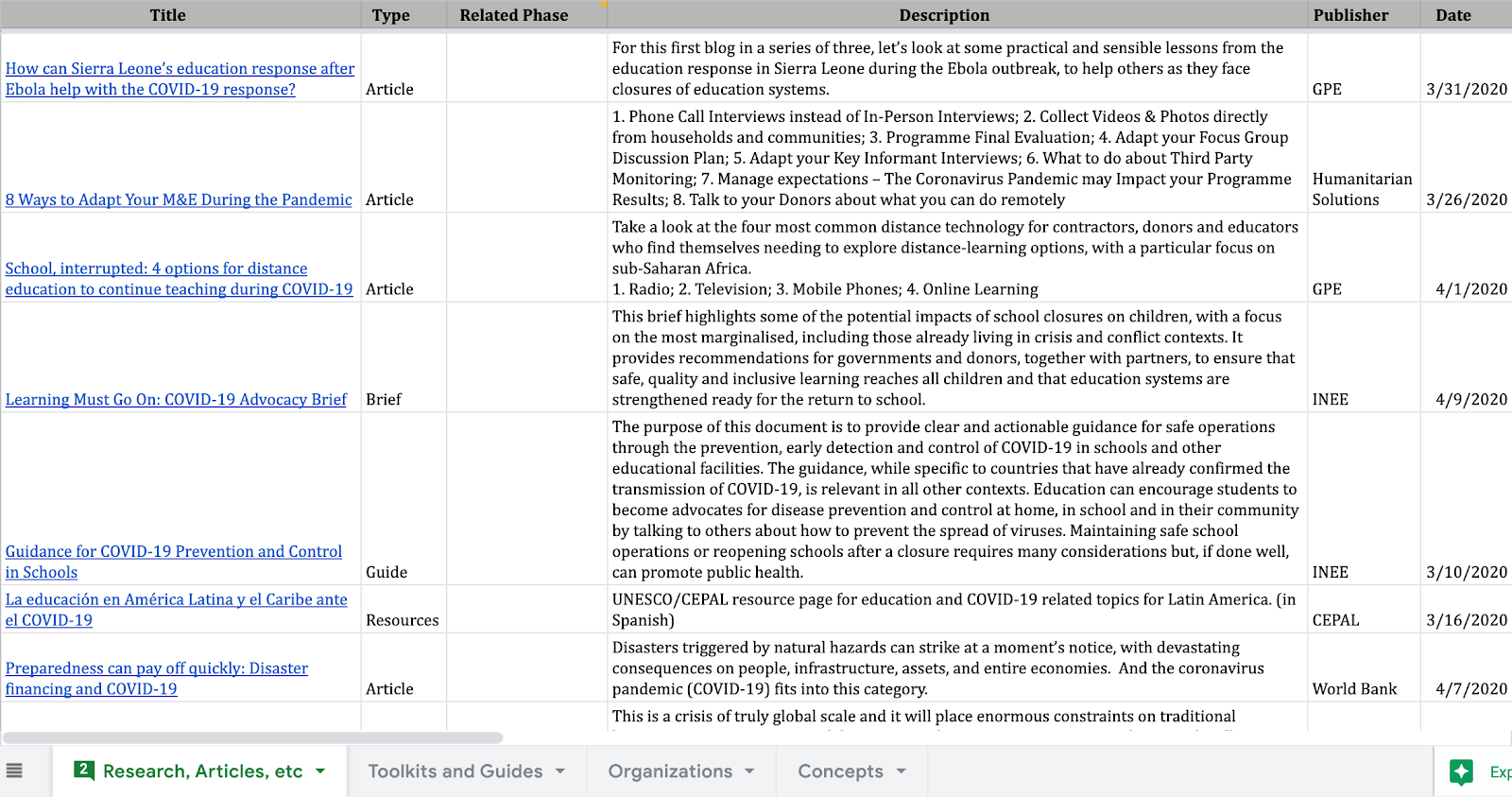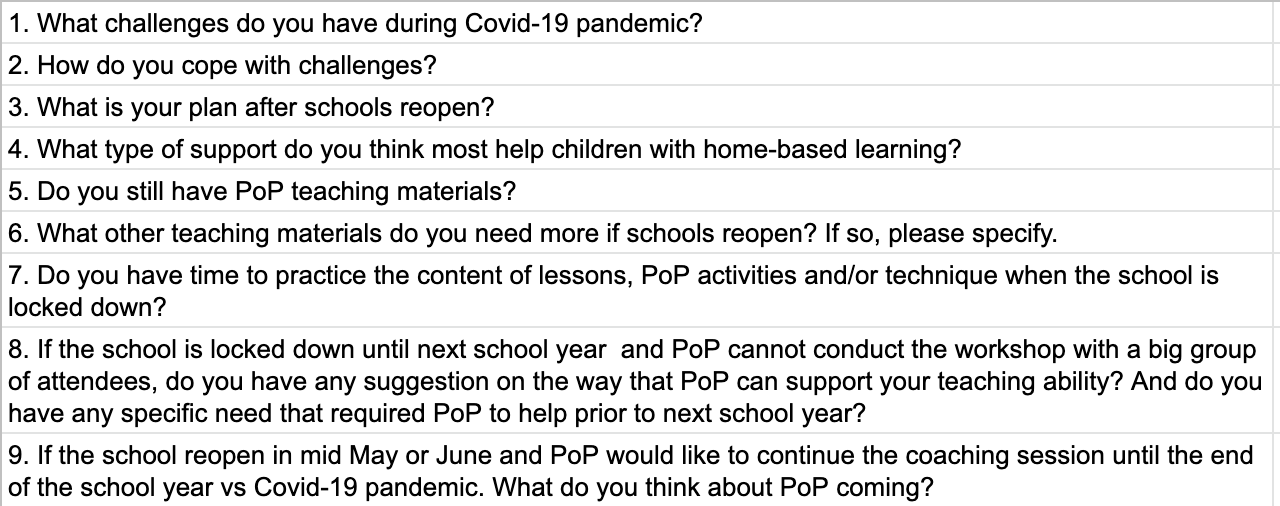People across the world have had to adjust their work and daily life to adapt to COVID-19 and its rapid growth. Pencils of Promise (PoP) is no exception. With programs that directly benefit teachers, students and communities around the globe, PoP’s team has had to quickly react to the changing environments in Ghana, Guatemala and Laos. As schools and offices closed mid-March, the teams sprung to action and remotely planned PoP’s approach to continue supporting students and teachers throughout this time. PoP’s mission remains the same, which has led teams to think through how to empower communities to provide quality education both during and after this pandemic.

Photo credit: Nick Onken
An important first step in PoP’s response was to gain information before moving forward with next steps. Each team in Ghana, Guatemala and Laos reached out to partners in the Ministries of Education and local non-profits to see how PoP’s response could align with other initiatives. While these conversations were taking place, the PoP team in New York City also consulted with experts who specialize in education in emergencies. Through this process of gathering information, combined with ongoing research on best practices for education in emergencies, the global teams were able to quickly construct a response that was well-informed, aligned with government and peer non-profit initiatives and in direct support of PoP’s mission to improve education for thousands of students around the world, no matter the circumstance.
PoP’s response was developed with three phases in mind, referenced in this K4D report.
- Phase 1: Response
- How can PoP support schools while they are closed?
- Phase 2: Recovery
- How will PoP support schools when they reopen?
- Phase 3: Preparedness,
- How will PoP support schools if they close again due to COVID-19 or other events (e.g., teacher strikes and natural disasters)?
Phase 1: Response – while schools are closed
- Radio programming with educational lessons created and broadcasted weekly in Ghana
- Books sent in both PDF and app format in Guatemala and Ghana (Figure 1)
- WhatsApp groups used for communication with teachers in Ghana and Guatemala
- Mass text messages sent to teachers covering water, sanitation and hygiene (WASH) topics, reading at home, SEL, and national COVID-19 resources in Ghana (10,000 messages have gone out to date) (Figure 2)
- Ongoing research on education in emergencies (Figure 3)
- COVID-19 Response Committee created with experts in education in emergencies
- Hand washing stations provided to governments for distribution in Ghana
- Contingency plans created for workshops, follow up sessions and materials


Figure 1: Screenshot of an app providing access to culturally relevant books in Ghana 
Figure 2: Example of initial mass text messages sent to teachers in Ghana

Phase 2: Recovery – when schools reopen
- Workshop videos and resources will be sent to teachers in place of workshops and before follow up sessions in order to reduce contact with schools in Guatemala
- Teacher surveys conducted to plan for next steps and engagement with schools (Figure 4)
- Social and emotional learning strategies provided to teachers that they can use themselves and pass on to students
- Teacher Learning Circles focused on teacher and student well-being, as well as COVID-19 concerns

Phase 3: Preparedness – when schools close again
- Longer-term distance learning explored with partners in case of a start/stop of school
- Engagement outside of the school to be broadened, discovering opportunities for learning at home with parents, guardians and community members
- Thinking through long-term programmatic contingency plans
The PoP team has prepared a robust response that will continue to grow as the weeks go on and each country moves into other phases. Currently, Ghana and Guatemala are in Phase 1, as schools remain closed in both countries. Laos is in Phase 2, as schools reopened for 5th graders on May 18, and all other grades returned to school on June 2. Teams will continue following the government’s guidance around opening and operating in offices and will shift priorities based on the changing circumstances. Throughout this time, PoP’s teams have been expertly navigating the day to day changes, managing the balance between COVID-19 response in the immediate and moving forward with planning for next year. It has become even clearer over the past few months that the PoP teams are resilient in their unwavering persistence to improve education amidst any challenge. PoP teams are learning and growing and remain committed to supporting communities.